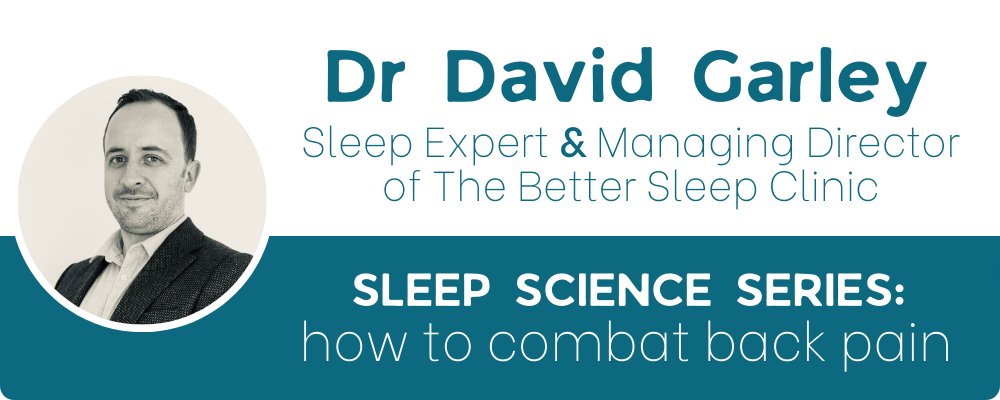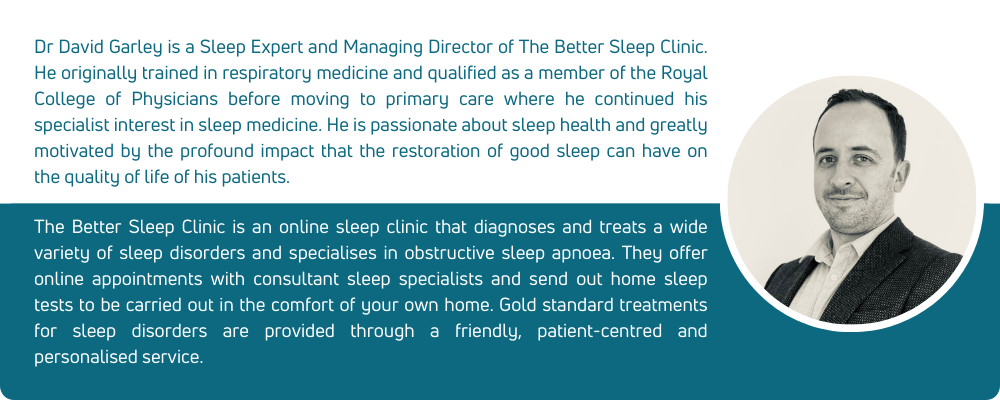
Back pain is a prevalent complaint, with the cause of back pain often varying between patients; back pain can be offset by different structures in the back, including the bones, muscles, ligaments and nerves. Continue reading to discover the ways in which you can combat back pain.
Fractures can occur with injuries, and as we get older and our bones become thinner, such fractures may occur with much lower forces. The gradual degeneration that comes with age can cause some bones to shift or swell, and they might press in on nerves, trapping them and causing a sharp, shooting pain. Some ligaments and cartilage discs between our vertebrae may also slip, shift or tear, causing back pain.
Back pain is usually muscular in origin, particularly when it involves the lower back. The reason that muscular back pain often has such a significant impact is that your back muscles are largely postural and, therefore, in use nearly all of the time. While specific movements can worsen back pain, finding a position where they aren’t being used is still challenging, so the pain and discomfort can be quite persistent.
Muscular back pain can arise due to several causes. It could be due to a specific injury, but it can also occur when the back muscles are under excess strain for prolonged periods. This could be due to carrying a bit of extra weight, meaning your postural back muscles have to work harder to keep you upright. It can also be due to poor posture during desk work, such as not having your chair, keyboard or computer screen at the correct height, so you hold an unnatural position for extended periods.
Another cause is through having a poor posture as you sleep. Most people sleep for between 6 and 10 hours; if your posture is poor for this time, you can wake up each morning with a sore back.

One way of treating back pain is to strengthen the back muscles. This can involve physiotherapy and specific exercises to increase the power and durability of these muscles so they can ensure good posture and alignment without running the risk of strained and inflamed muscles.
The second approach is to reduce the amount of work your back muscles have to do. This could involve weight loss where appropriate or adjusting your office workstation so your back is kept in a healthy posture.

You may want to consider replacing your mattress to ensure your back is correctly aligned as you sleep.
There is not one type of mattress that all people should use to help with back pain; it’s recommended you sleep on a mattress that can keep your spine in a healthy and natural alignment as you sleep so your muscles don’t end up stretched or strained. What mattress you require will depend on your size, shape and whether you sleep on your back, side or front.
In general, back sleepers of an average build will benefit from using a medium firm or firm mattress. A slightly softer tension will be better for keeping the spine aligned for people who sleep on their side. Those of a heavier stature usually need a slightly firmer mattress choice. It would help to avoid a mattress that sags as you lie on it or offers uneven support, as this will not support your back. Over time, mattresses are susceptible to sagging, and if this is the case, it is probably time to invest in a new mattress. Buying a new mattress can seem expensive, but considering you spend around a third of your life asleep (four months every year!), it is worth investing in one that addresses your specific health needs. This should be part of a structured and holistic approach to back pain treatment. Even for back pain that is not originally due to a muscular issue, through having poor posture, your back will flare up, and this can lead to muscular strain as well as an impingement on nerves.
The individual cause of back pain can sometimes be difficult to identify, and in the first instance, you should speak to your GP. They will advise on further investigations or treatments as may be appropriate.
For any further information or advice, visit www.thebettersleepclinic.co.uk or www.theinsomniacentre.co.uk.
